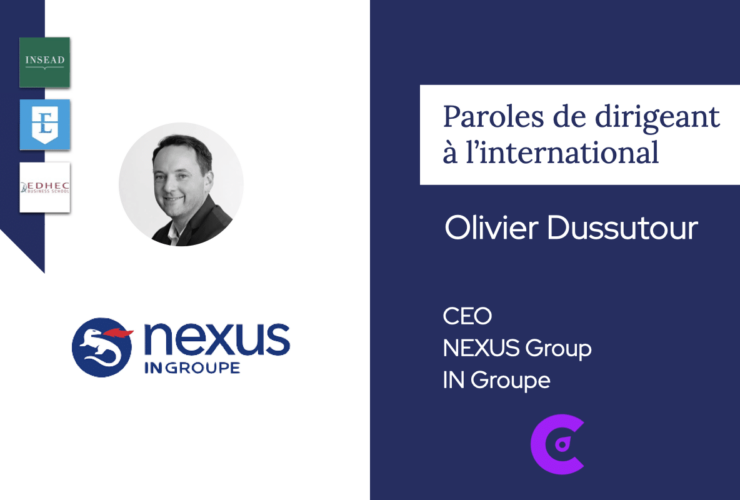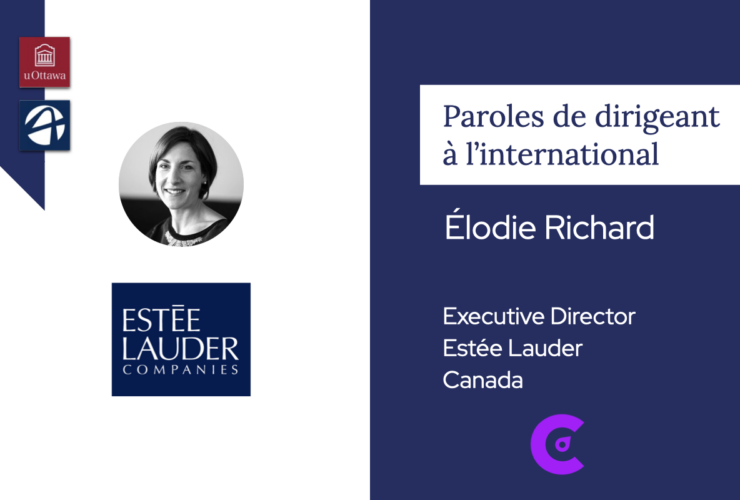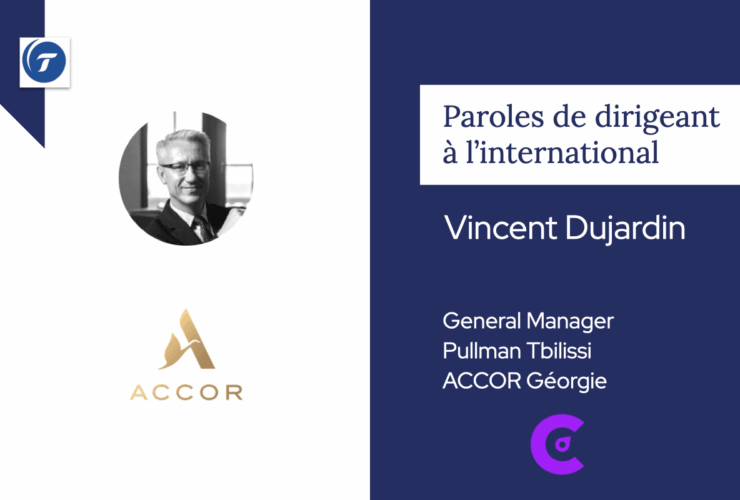Paroles de dirigeant à l’international
Les clés d’une réussite business à l’international
Paul Roussel, Directeur Général, FiddAsia
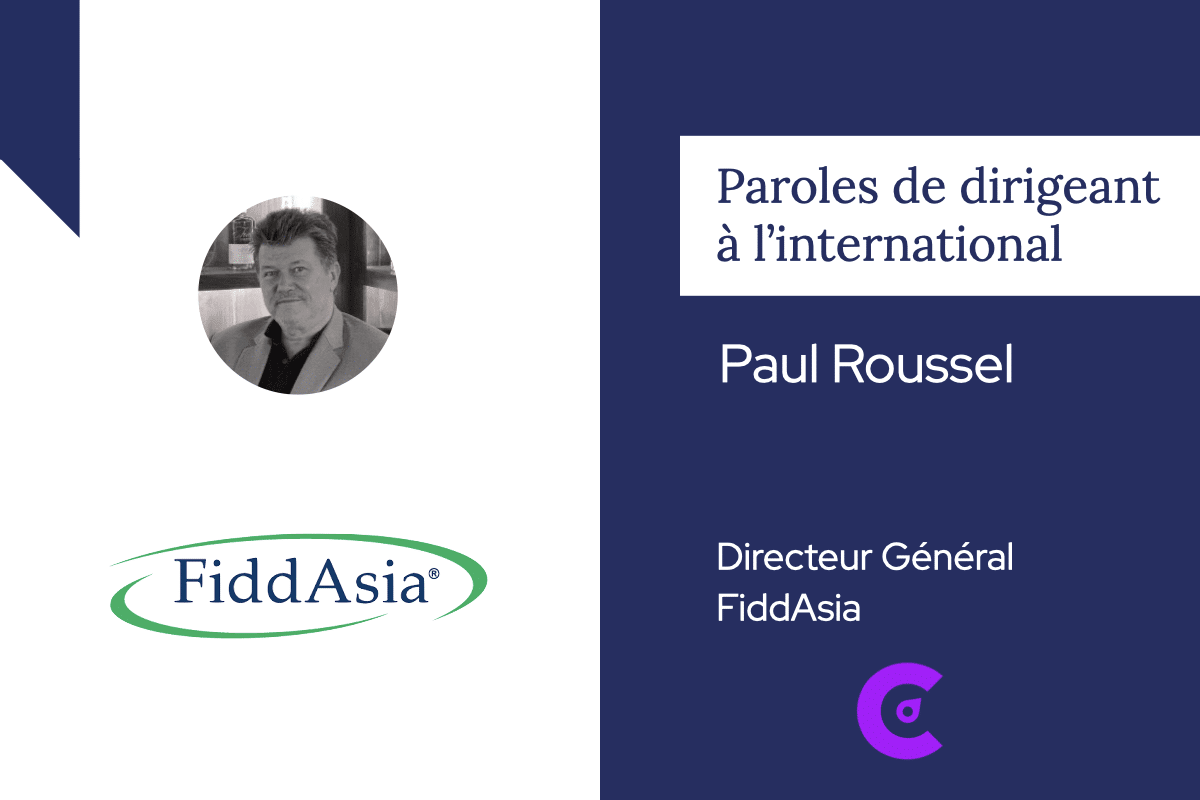
« On s’expatrie par soif d’aventures et de découvertes »
Paul Roussel est installé en Thaïlande depuis plus de 20 ans, où il a créé FiddAsia, sa société de Conseil en Gestion de Patrimoine ou de Gestion Privée. Il nous parle de son expérience, nous fait part des enjeux qu’il a dû affronter ces deux dernières années et de ses challenges actuels…
Quelques faits
1989 : Première visite en Thaïlande et montage de la première affaire
1999 : Sédentarisation en Thaïlande
2022 : 400 clients en gestion directe
Mail : proussel@fiddasia.com

Dialogue ouvert puis séance d’Executive Coaching
selon la méthode de CO-CREATiVE Communication®
J’ai rencontré Paul grâce au réseau FrenchFounders. Rapidement, nous avons partagé notre goût commun pour l’expatriation…
« Ma clientèle : des expatriés qui cherchent des investissements alternatifs »
Paul, quelle activité avez-vous en Thaïlande ?
Je dirige une société de conseil en gestion de patrimoine ou gestion privée couvrant plusieurs sujets : fiscalité, amélioration d’investissements existants, recherche de nouvelles opportunités. Mes clients ont soit des actifs qu’ils cherchent à valoriser, soit de l’épargne ou une capacité d’épargne à capitaliser.
Je cherche à avoir un portefeuille le plus large possible, avec une clientèle qui a les moyens d’investir dans des produits rémunérateurs, y compris en prenant quelques risques. Depuis le début je travaille avec un mandant français, dont l’ADN est le conseil aux « expatriés qui ont une logique de retour en France ». Mais aujourd’hui ma clientèle s’est élargie à l’ensemble des expatriés quelle que soit leur origine. La majorité de mes clients sont des occidentaux qui restent à l’étranger, totalement ou à temps partiel, même après avoir cessé leur activité.
Quel est le profil de vos clients ?
Le profil de mes clients est large. Il va des expatriés qui ont du capital ou une forte capacité d’épargne, jusqu’aux jeunes en début de carrière en phase de constitution de patrimoine ou de première poche de capital. Ces derniers ont bien compris qu’ils doivent compter sur eux-mêmes pour leur retraite et ils recherchent des solutions d’épargne, à partir de 200 ou 300 euros mensuellement.
Paul, comment vous distinguez-vous de vos concurrents ?
Je n’aime pas trop le terme de ”concurrent” car même si nous faisons le même métier, nous pouvons parfois trouver des synergies et être complémentaires. Les français sont très peu nombreux dans le domaine en Thaïlande et travaillent le plus souvent pour de gros cabinets anglophones de Wealth Management. Certains sont très actifs, mais proposent souvent un peu le même type de véhicule sur des supports très anglo-saxons. Il y a aussi les professionnels du secteur souvent spécialisés sur des problématiques de taxes par exemple et qui proposent parallèlement des solutions pour réduire l’impôt.
La Gestion de Patrimoine touche à divers domaines, avec des investissements classiques comme l’immobilier et les produits financiers type assurance vie et autres produits bancaires, que l’on retrouve chez la plupart des acteurs du marché. Comme lors de l’achat d’une voiture, la différenciation se fait par certains aspects techniques et surtout grâce au relationnel. C’est la raison pour laquelle, dès le lancement de mon activité, pour me distinguer de la concurrence, j’ai proposé de nouveaux services et des investissements alternatifs.
Des investissements alternatifs ? Que voulez-vous dire ?
Il est rare que les cabinets de conseil aient leurs propres produits. Comme eux, je propose des produits de sociétés que je représente. Mais les investissements alternatifs sont des solutions différentes. Par exemple, il est possible de faire de l’immobilier autrement en proposant davantage de diversité. Notamment, j’ai noué un partenariat pour le développement d’un programme de résidence pour seniors. J’ai aussi des offres d’investissement dans les nouvelles technologies, avec des levées de fonds pour start-ups ou SME.
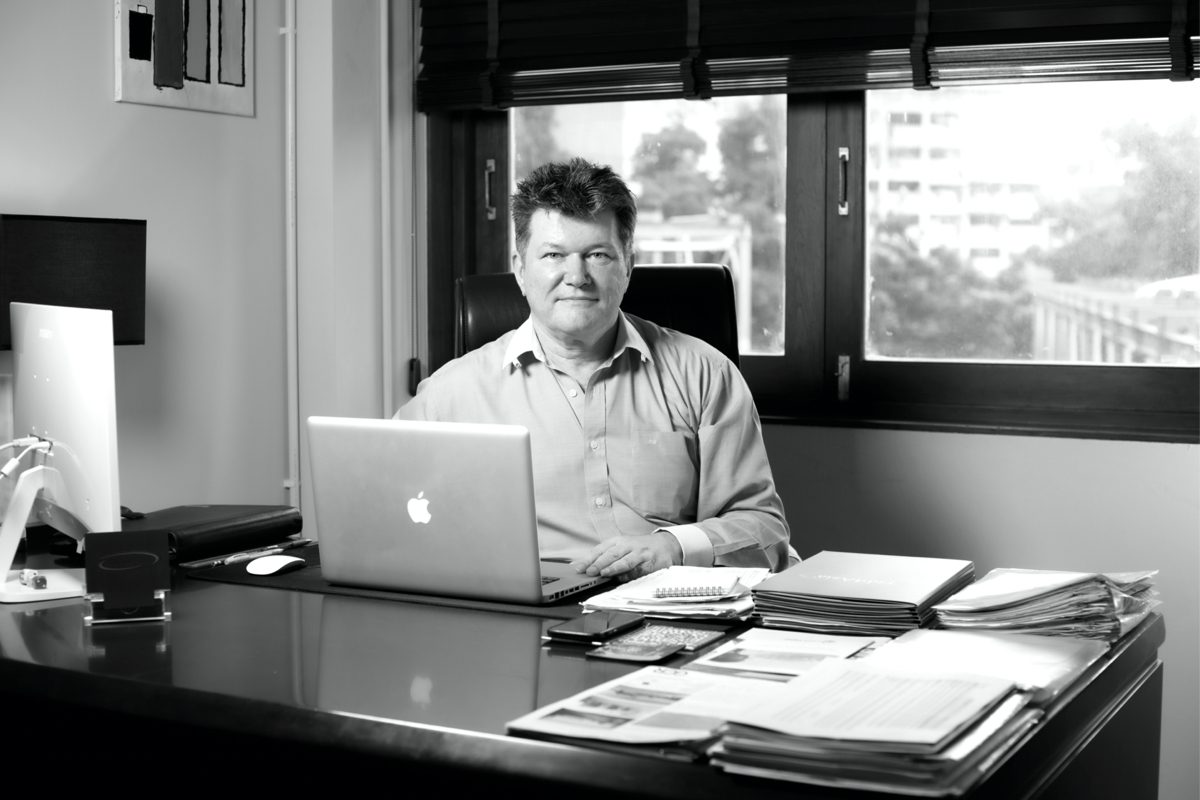
« Il faut employer au minimum quatre Thaïlandais »
Paul, quelle équipe et quels partenaires avez-vous réunis ?
Je travaille avec une assistante, une commerciale et une équipe marketing. Comme je suis en train d’ouvrir un bureau en province, j’ai recruté un responsable qui sera amené à le développer et à recruter son personnel.
Parallèlement, j’ai noué des partenariats avec des indépendants qui travaillent dans d’autres pays – en Europe, en Asie, en Amérique du sud et au Moyen-Orient – dont je peux proposer les offres à mes clients. Il n’y a aucune hiérarchie entre nous, c’est une sorte de networking. Si, par exemple, l’un de mes clients veut investir au Moyen-Orient, je sais à qui m’adresser.
Ma société est à taille humaine. Je pense qu’il y a une bonne ambiance au sein de l’équipe. Nous nous entraidons, nous déjeunons ensemble de temps en temps et nous nous réunissons une fois par semaine, en évoquant divers sujets, pas nécessairement toujours liés à l’activité de l’entreprise. Nous essayons de créer du lien, malgré la différence de culture. Je suis souple sur le management et les horaires. L’important est que le travail soit fait et que nous avancions tous ensemble.
Grâce à cette qualité de relation, la société a pu traverser la crise sans licenciement (et même avec un recrutement). Car mon équipe, que je tiens à remercier ici, a joué pleinement le jeu de la situation et a accepté plusieurs contraintes, tant au niveau des salaires qu’à celui des avantages.
Quelles sont les règles pour ouvrir une société en Thaïlande ?
Ouvrir une société en Thaïlande est assez simple. Toutefois, il faut retenir qu’un étranger qui monte une société locale doit l’enregistrer avec un minimum de 2 millions de bahts de capital, soit environ 50 000 €. Il doit également avoir un permis de travail, employer au minimum quatre Thaïlandais et le capital doit être libéré lors de la délivrance du permis de travail.
La Thaïlande est un pays dans lequel il règne une certaine insouciance, une certaine douceur de vivre, où tout est assez simple. Les locaux sont très accueillants, on appelle d’ailleurs la Thaïlande le pays du sourire. Il est plus facile pour un entrepreneur de venir créer son entreprise en Thaïlande qu’en France. Même s’il ne bénéficie pas des aides que l’on trouve en métropole, ici, l’entrepreneur est allégé d’une grande partie des impôts, des taxes et des prestations sociales que l’on doit payer en contrepartie.
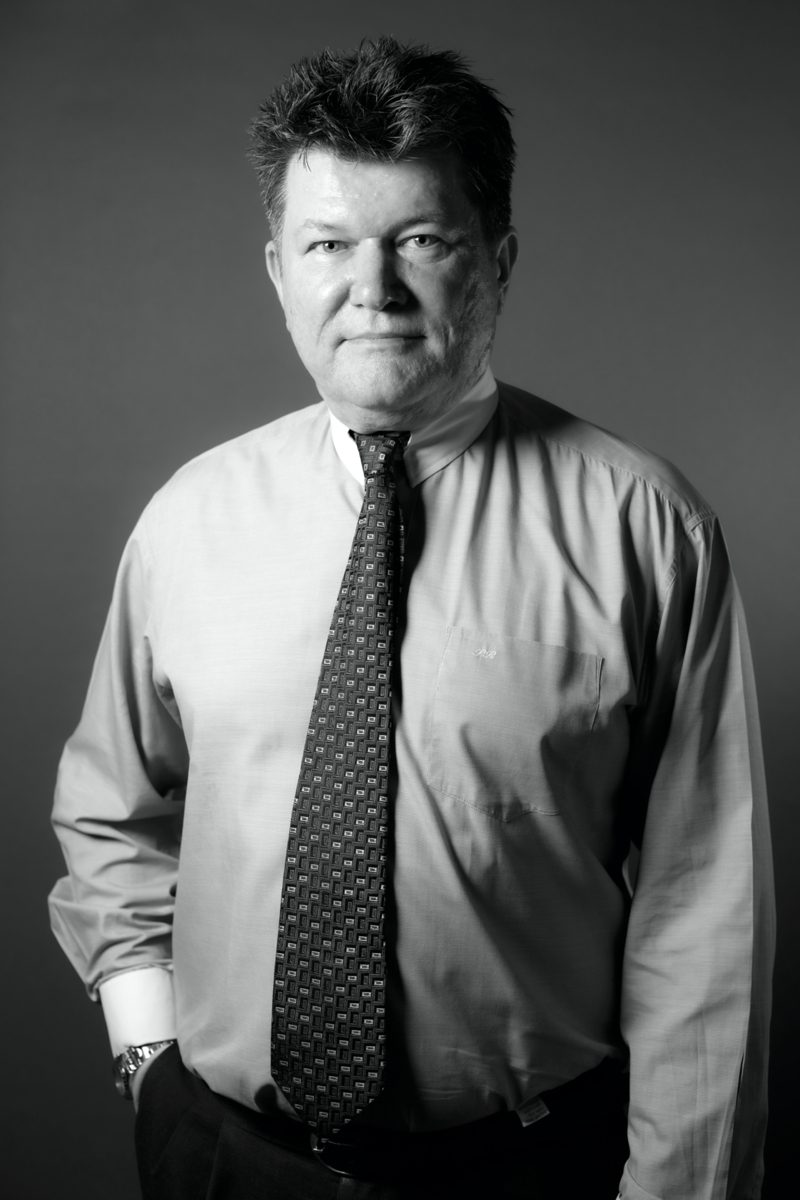
« Une opportunité : un million d’étrangers à loger en Thaïlande sur 5 ans »
Paul, comment vous projetez-vous dans l’avenir ?
La situation sanitaire rend difficile de se projeter. Nous avons vécu une année compliquée, même si nous avons beaucoup moins souffert qu’en Europe. Le royaume a été plusieurs fois cité en exemple pour sa gestion de la crise sanitaire. Cela s’est fait au détriment de l’économie, dont un pan entier s’est écroulé, notamment celui du tourisme et de la restauration. Nous avons terminé l’année dernière avec une progression de 15 % par rapport à l’année précédente puis cette année les choses se sont compliquées en raison de décisions un peu trop tardives. Le pays a subi la troisième vague de plein fouet, il a été complètement fermé. Heureusement depuis octobre, nous commençons à sentir un nouveau démarrage de l’économie, avec un certain nombre d’annonces faites par les autorités locales : la réouverture du pays, une vaccination à plus de 80 % de primo vaccinés et 70 % de schéma vaccinal complet.
Dans ce contexte, quel est votre challenge pour l’année prochaine ?
Mon challenge principal est de continuer à mettre en place de nouvelles offres. Le gouvernement a la volonté d’attirer un million d’étrangers sur les cinq prochaines années, avec un certain nombre d’avantages, qu’ils soient fiscaux ou liés aux visas. Nous nous sommes donc organisés pour créer une offre très axée sur l’immobilier. Un million d’étrangers qui arrivent en Thaïlande, ce sont des étrangers qu’il va falloir loger.
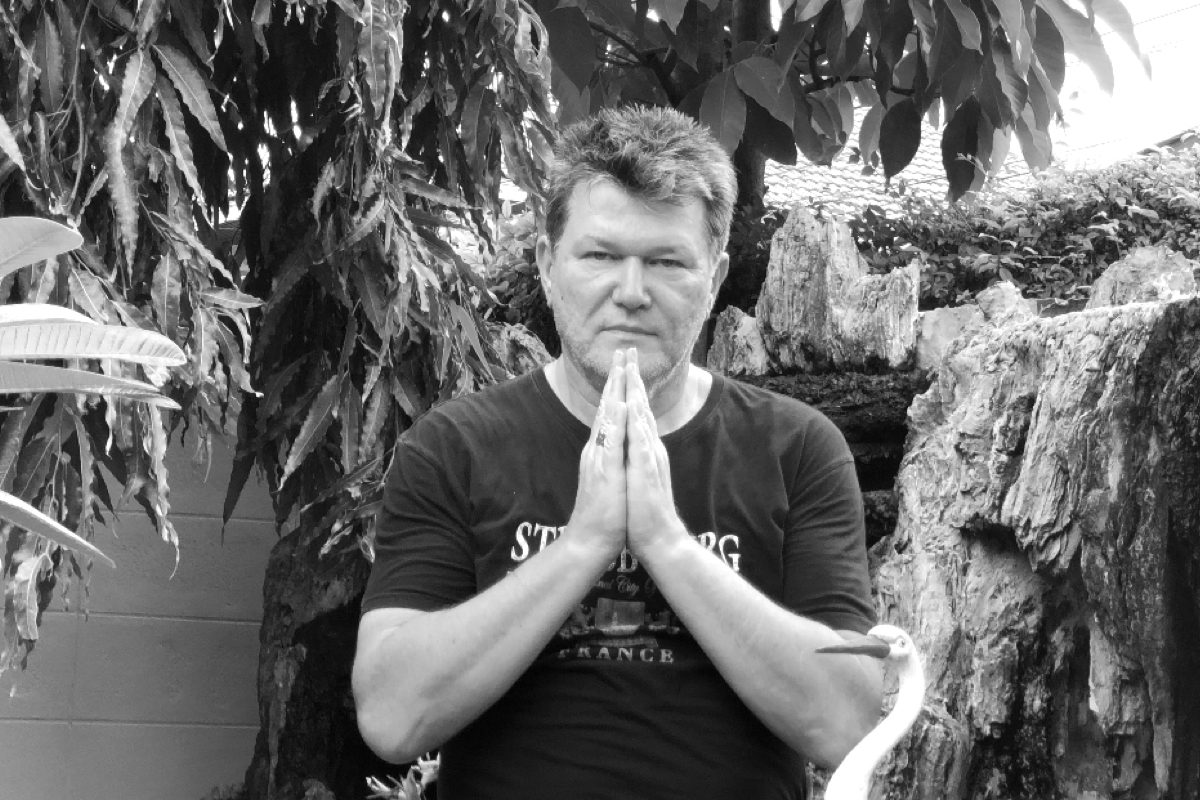
« Il faut se battre tous les jours »
Paul, quels conseils donneriez-vous à quelqu’un qui voudrait développer une entreprise en Thaïlande ?
Pour venir en Thaïlande, il faut tout d’abord avoir la certitude de vouloir quitter un environnement familier. Contrairement à ce que les gens croient, le choix de quitter sa famille, ses amis, son milieu social, n’est pas facile. S’installer dans un autre pays où les repères ne sont pas les mêmes est beaucoup plus compliqué qu’on le pense. Au début de mon installation en Thaïlande, j’ai entendu des « ça va, t’es au soleil, t’es en vacances, la vie est belle ». Or les gens ne se rendent pas compte des difficultés que nous rencontrons tous les jours. Il faut se battre au quotidien. C’est la nature même de l’entrepreneur.
Et pour finir ?
À mon sens, on ne s’expatrie pas pour faire du business, on s’expatrie parce qu’on a envie de voir autre chose, parce qu’on a une soif d’aventures et de découverte. Cette ouverture d’esprit permet de nous émerveiller de tout et d’apprendre du pays qui nous accueille. La Thaïlande, comme beaucoup d’autres pays, a énormément d’atouts. Je ne pensais pas venir m’installer en Asie au départ. Je suis ici par un concours de circonstances et je ne le regrette pas du tout.
Regard sur une expérience d’Executive Coaching selon la méthode CO-CREATiVE Communication®
Un mot sur votre expérience d’Executive Coaching avec moi ?
Le coaching avec vous fut un exercice qui valait la peine d’être vécu car il m’a permis de parler de sujets que je n’ai pas l’habitude de partager, même avec mon entourage proche. Vous avez su me mettre à l’aise pour me poser les questions qui m’ont conduit à aller au fond des choses et à mettre en perspective mes challenges. Merci Antoine !
Propos recueillis par Antoine Leygonie-Fialko.
International Executive Coach & Adviser « Become an inspiring leader » Antoine Leygonie-Fialko est International Executive Coach & Adviser, spécialisé dans l’accompagnement des dirigeants à l'international vers « une pensée Claire et Calme, Bienveillante et Puissante ». Polytechnicien, Ingénieur des Ponts, Architecte et Docteur en Philosophie, puis diplômé INSEAD, il est fondateur de la Co-CREATiVE Communication® et de la société CADRAN qui opère mondialement. Auparavant, il a dirigé 7 sociétés, de la start-up au corporate, en France et à l’international (Europe, Eurasie, Afrique), dans diverses industries (bâtiment, internet, RH…). Aujourd’hui, fort de plus de 3 000 heures d’Executive Coaching sur 5 continents et 40 pays, détenteur du plus haut niveau de certification (ICF MCC « Master Certified Coach ») et plusieurs fois nominé « Top 5 International Executive Coach », il intervient auprès de tout dirigeant qui vise un leadership d'excellence et souhaite développer toute la puissance qui sommeille en lui et ses équipes.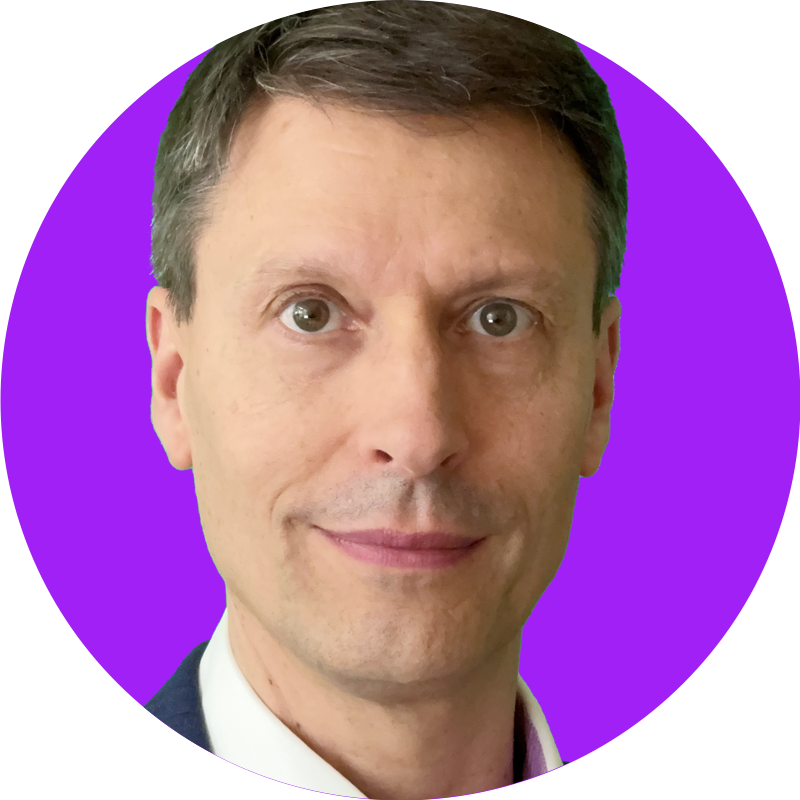
ANTOINE LEYGONIE-FIALKO


